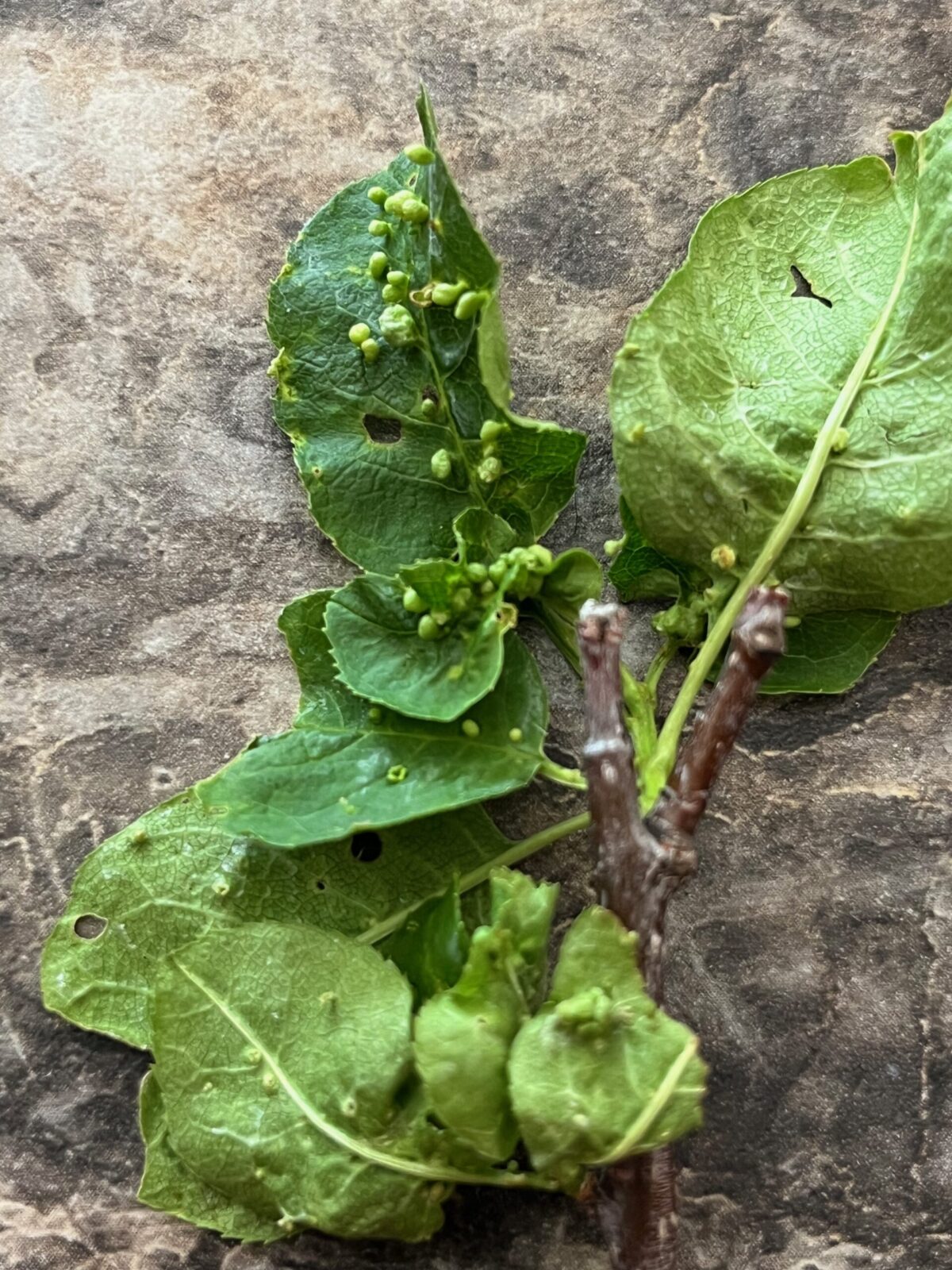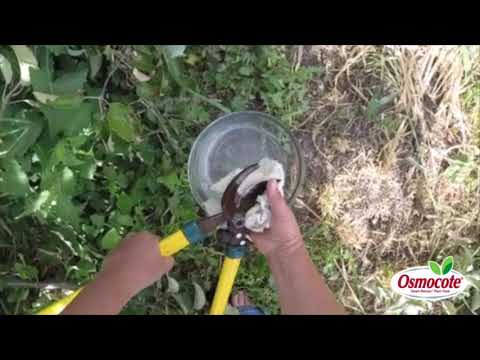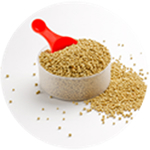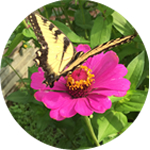Pulling Out All the Stops On Mosquitoes
Views: 5535
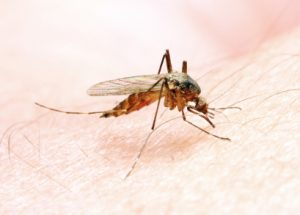
Normally, this is the place to discuss what’s eating our plants, but this week I want to touch on what’s eating us: the garden mosquitoes.
It’s skeeter season, and its time to pull out the stops to keep the little nasties at bay.
After 25-inches of snow at the end of April the additional moisture did wonders for the mosquito population. It’s miserable trying to work outside while swatting biting insects. Especially when the evenings are one of the few times some of us have time to catch up on projects, or simply enjoy the evening. Plus, with the additional concern of West Nile virus being a possibility, a little mosquito bite can have more serious consequences.
Chemical-Free Mosquito Repellent
Many of us grab the can of bug spray with DEET. However, but some folks are allergic to it. Then there are lots of people who don’t like the thought of wearing chemicals directly on their skin. Thankfully, there are a few things we can do to keep from being on the menu without resorting to bug spray.
The first line of defense is making your home and garden less desirable to mosquitoes. Remove any standing water so youre not providing a nursery for the next generation. This is true for bird baths that dont have a recirculating pump. Empty and clean them every couple of days to remove any eggs or larvae.
Mosquitoes love the cool, damp areas of the yard. If youre surrounded by woods, keep the trees and tall grass as trimmed back as possible. You can also set up bug deterrents, such as citronella candles, along the perimeter to discourage them from visiting past their borders.
Natural Solutions
In the garden, catnip is found to be highly effective in keeping away mosquitoes. This is because of their nepetalactone oil. There have even been some studies suggesting it’s a better compound than the DEET. Another good choice is bee balm (also called monarda or Melissa). But if youre using these oils, be sure to dilute it to a five percent solution. Use a carrier oil (such as almond or grapeseed) to avoid putting it directly on the skin.
Plants with a lemon fragrance, such as lemon balm and lemon verbena, also boast mosquito repelling properties. However, one of the most popular is citronella, which is an Asian grass grown in the tropics. The oil of citronella is often used in candles and lanterns. Unfortunately, you really need to stay close to in order for them to work. This can be a problem if you’re moving from one project to the next in the garden.
If you really dont want to be bitten at all and hate the sound of the buzzing right in your ear, you can opt for the bug netting veil, similar to what beekeepers wear, and insect barrier clothing. This way, you can move outside the citronella ring of fire and youre not covered in a strong smelling repellent allowing you to enjoy your time outside instead of swatting.
Meet Amy Grisak
Amy is a freelance author and photographer in Great Falls, MT who specializes in gardening, foods, and sustainable agriculture. She provides information on every kind…
Amy's Recent Posts
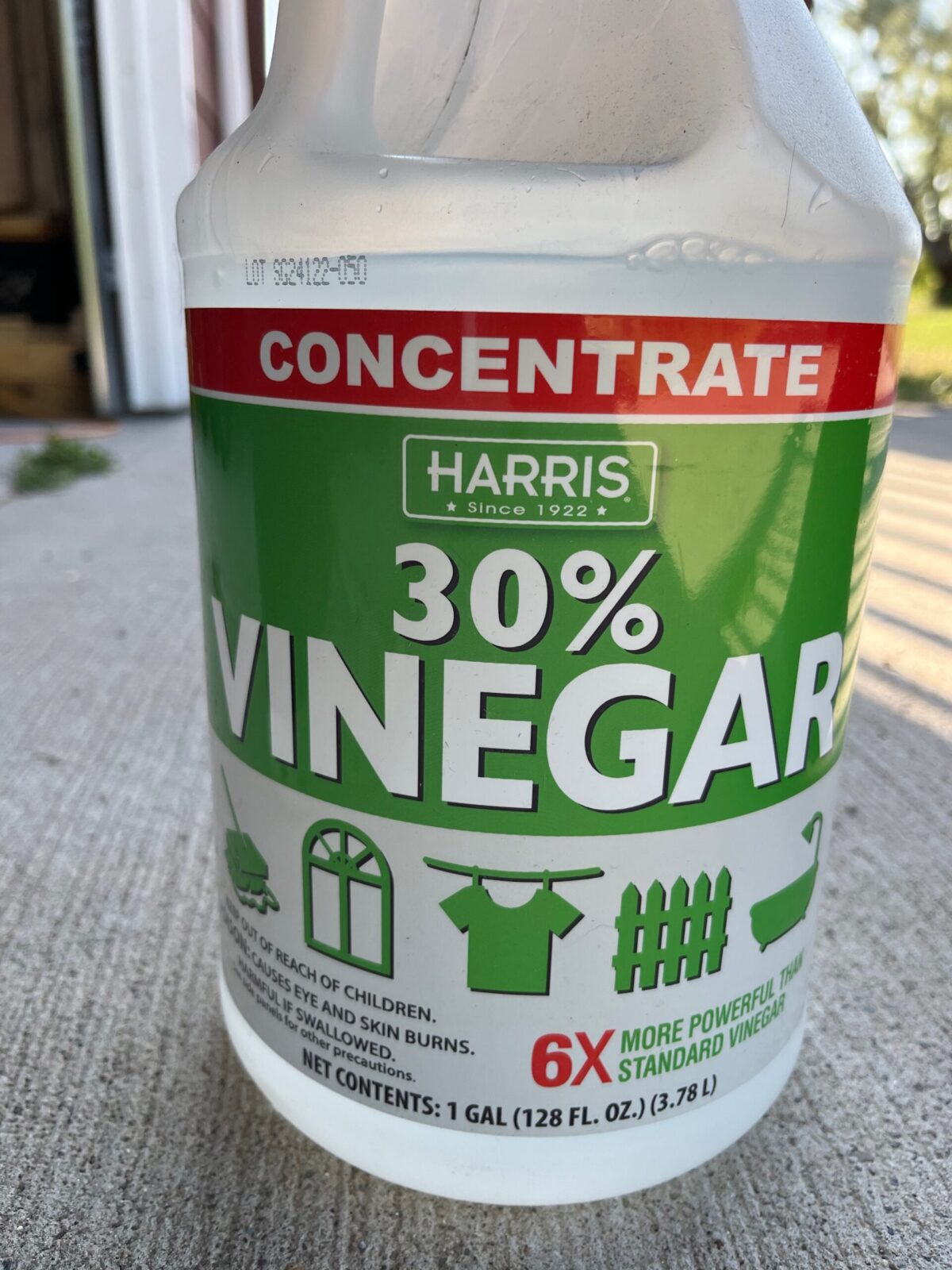
Grab Vinegar to Eliminate Weeds
